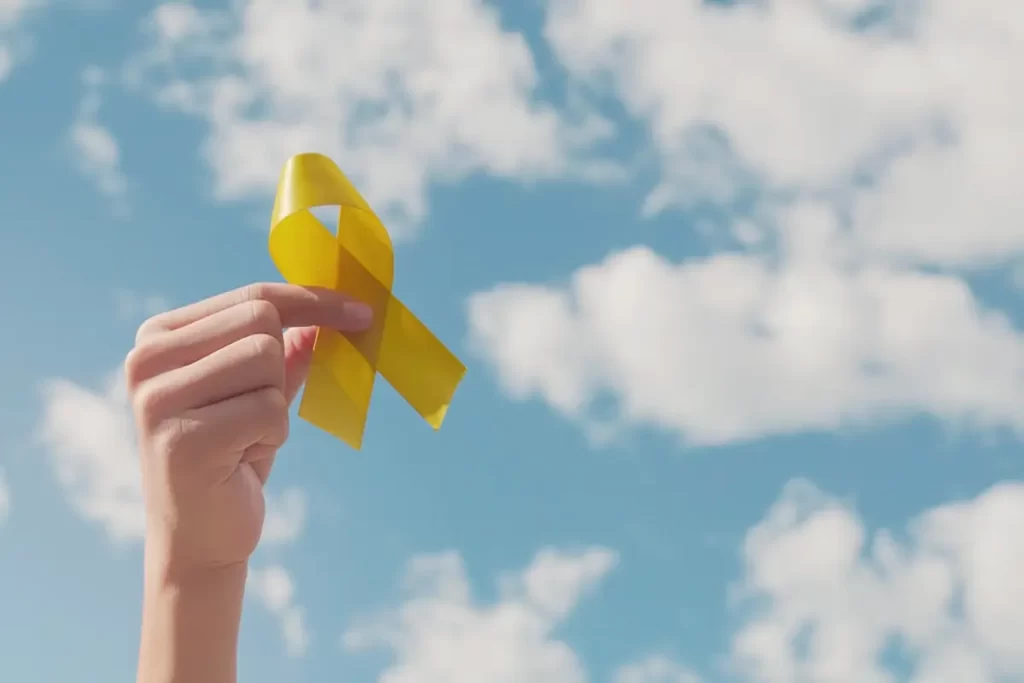Other Cancers

For information on any other types of cancers, the following resources may be helpful:
- Cancer Australia – https://www.canceraustralia.gov.au/
- Cancer Council – https://www.cancer.org.au/

For information on any other types of cancers, the following resources may be helpful:

I obtained my Bachelor of Medicine and Bachelor of Surgery degrees (MBChB) through the University of Natal, South Africa in 1998, and further specialised in Clinical Oncology obtaining the Fellowship in Clinical and Radiation Oncology (FCRadONC) through the College of Medicines of South Africa in 2006
I have held appointments as a Senior Specialist in the academic departments of Grey’s and IALCH, then practiced for a decade as a Senior Associate in my private practice, Durban Oncology Centre.
I moved to Australia with my family in 2019, and further obtained the Australian Fellowship in Radiation Oncology through the Royal Australian and New Zealand College of Radiologists. I have since practised in Cairns, the Gold Coast and New South Wales before commencing at the Alan Walker Cancer Centre in Darwin.
Dr Carruthers is a Director of NT Radiation Oncology with a keen interest in narrowing the gap for Indigenous patients with cancer, as well as improving outcomes for all patients through knowledge gained from clinical trials and technological advancements.
His clinical experience is extensive, with a special interest in breast, prostate, genitourinary, gastrointestinal and gynaecological cancers.
A/Prof Michael Penniment AM is a Director of NT Radiation Oncology, establishing the centre in 2010 with Dr Scott Carruthers so that rural and regional cancer patients had access to high quality cancer treatments.
A/Prof Penniment is a very experienced Radiation Oncologist with a special interest in breast cancer, head and neck cancer, upper gastrointestinal cancer, colorectal cancer and skin cancer.
Medical Physicists play a vital role in the safety and accuracy of radiation treatment. They are experts in the physics of radiation and how it interacts with the human body, as well as being responsible for the accuracy of the treatment machine delivering the radiation.
There are 3 medical physicists at NT Radiation Oncology.
There are a number of allied health professions who are involved in the care and support of patients undergoing radiation treatment. These include Dieticians, Speech Pathologists, Occupational Therapists, Physiotherapists, Psychologists and Social Workers.
NT Radiation Oncology has dedicated Aboriginal Liaison Officers who are instrumental in supporting Indigenous patients through a cancer diagnosis and treatment journey. Their involvement helps patients to navigate the hospital system and importantly, assists the organisation in providing culturally-appropriate care.
NT Radiation Oncologist’s administrative staff are often the first point of contact for patients and can help in many aspects of the treatment journey. They can assist with travel arrangements and liaise with other staff to coordinate radiation and other hospital appointments to minimise the time patients spend in the department.
Radiation Therapists are the people responsible for delivering the radiation to patients each day. They work closely with the Radiation Oncologist and Medical Physicists to calculate the radiation plan and operate the treatment machine to deliver safe and accurate treatment.
NT Radiation Oncology has a team of 10 Radiation Therapists and patients will become very familiar with the team responsible for delivering the treatment each day. The Radiation Therapists will be able to answer many questions patients have about their cancer and treatment, or refer to you other health professionals as required.
In 2009, while working as a Radiation Therapy Manager at the Royal Adelaide Hospital, Giam was asked to oversee the design and build of a new radiation oncology service in Darwin.
Since the organisation opened in 2010, Giam has led a cohesive multi-disciplinary team to deliver culturally appropriate and high quality patient care and treatment for Territorians. He is proud of the achievement of the centre, which has the shortest waiting times in the country.
Giam plays a key role in optimising the NT cancer care pathways with a strong emphasis on access and continuity of care for rural and remote patients. He works closely with key stakeholders including the NT Cancer Care Network, Cancer Council, NT Primary Health, Menzies, Universities and the National Aboriginal Community Controlled Health Organisation to improve the cancer outcomes for Aboriginal people.